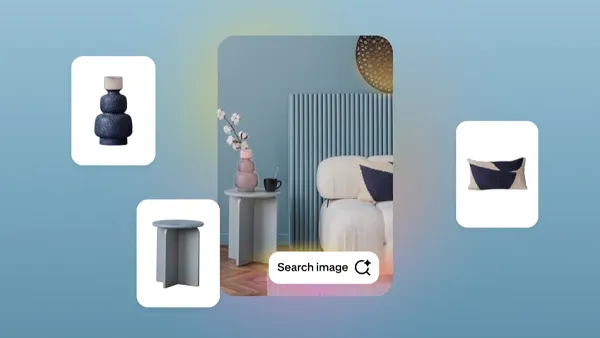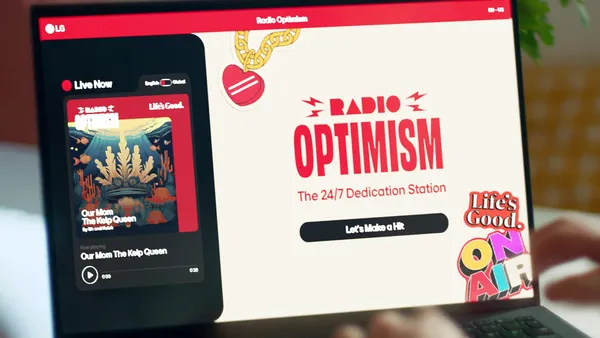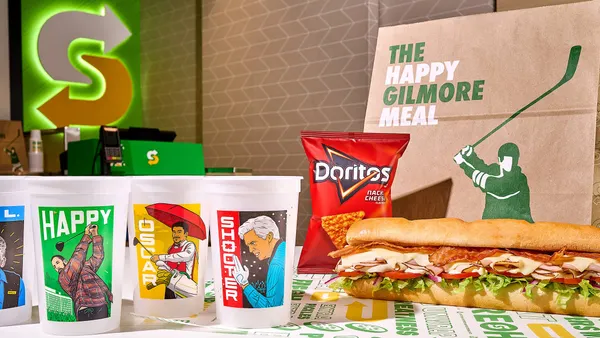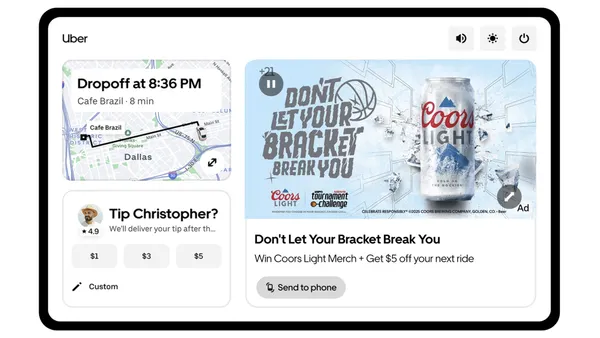Dive Brief:
- Emirates Vacations' display ads now feature artificial intelligence-powered chatbots that will let people type in questions and receive answers to travel and trip questions within the ad, according to Digiday. The chatbot will offer destination and vacation package recommendations based on the questions, the content of the site where the ad appears and Emirates Vacations' inventory, according to a press release. WayBlazer is Emirates Vacations' partner on the program.
- Emirates Vacations, a part of Emirates Airline, began a 30-day campaign to test the ads in late December. Ads ran on sites, including The New Yorker, Lonely Planet, Time and Smithsonian in major U.S. cities. Emirates Vacations had an 87% engagement lift compared to its average click-through ads following the test, per Digiday.
- The chatbots are included in advertisements for four destinations: the Maldives, Bangkok, Milan and the Seychelles. Users that ask general questions about where to go on vacation and will be given recommendations for travel packages to one of these locations. The ads are also placed against articles referencing the location. For example, one of the chatbot ads ran on People.com next to an article about singer Jordin Sparks' visit to the Maldives.
Dive Insight:
Emirates Vacations is hoping its new AI-driven chatbots will ease consumer pain points in planning their travels by not only promoting trips to certain locations but also by letting users glean more information about those destinations within the ad itself. Static digital display ads have been frequently cited as annoying to users because they interfere with their online experiences, and many marketers have been looking for ways to transform display ads so that they are more useful to consumers and of a higher quality overall. Emirates Vacations is already seeing better than average engagement from the chatbot-integrated ads signals that AI may be a way for the brand to breathe new life into display ads.
Many companies are beginning to embrace digital tools like chatbots and other AI-power solutions to provide better customer service and meet consumers' growing expectations for personalization. In the travel sector, Marriott uses chatbots to enrich guest experiences via Facebook Messenger, Slack, WeChat and Google Assistant. The hotel chain also uses ChatBotlr, an AI tool that handles guest requests sent through text message, at its Aloft hotel brand.
Marketers are also realizing AI's potential in data analysis, automated ad delivery and decision-making. In 2018, 20% of firms are projected to embrace AI to make business decisions and to offer customer service and sales support through automated communications, according to Forrester. Chatbots are also increasingly replacing email in customer service delivery, with companies like Nike, Apple, Uber and Target already moving toward AI-powered tools. As more marketers use chatbots to offer recommendations and assist customers, they need to make sure the strategies are fully optimized to engage customers or risk declining customer satisfaction.











